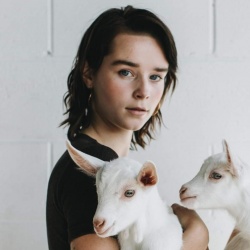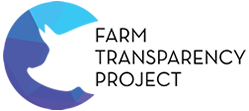News & Media > Editorials > 10 Ways You Can Help Animals This New Year
10 Ways You Can Help Animals This New Year
If 2020 showed us anything, it's that our encroachment on other species is devastating and unsustainable. As the pandemic, borne from our slaughter and commodification of wild animals, spread and devastated our human population, we saw that animal liberation truly is human liberation - because we are all the same. We all hurt, we all feel, we all want to be free. We are different species on one planet, all deserving of the same safety and protection.
So, how can we make 2021 a year that is more kind and just for animals? We've put together 10 simple ideas to get you started:
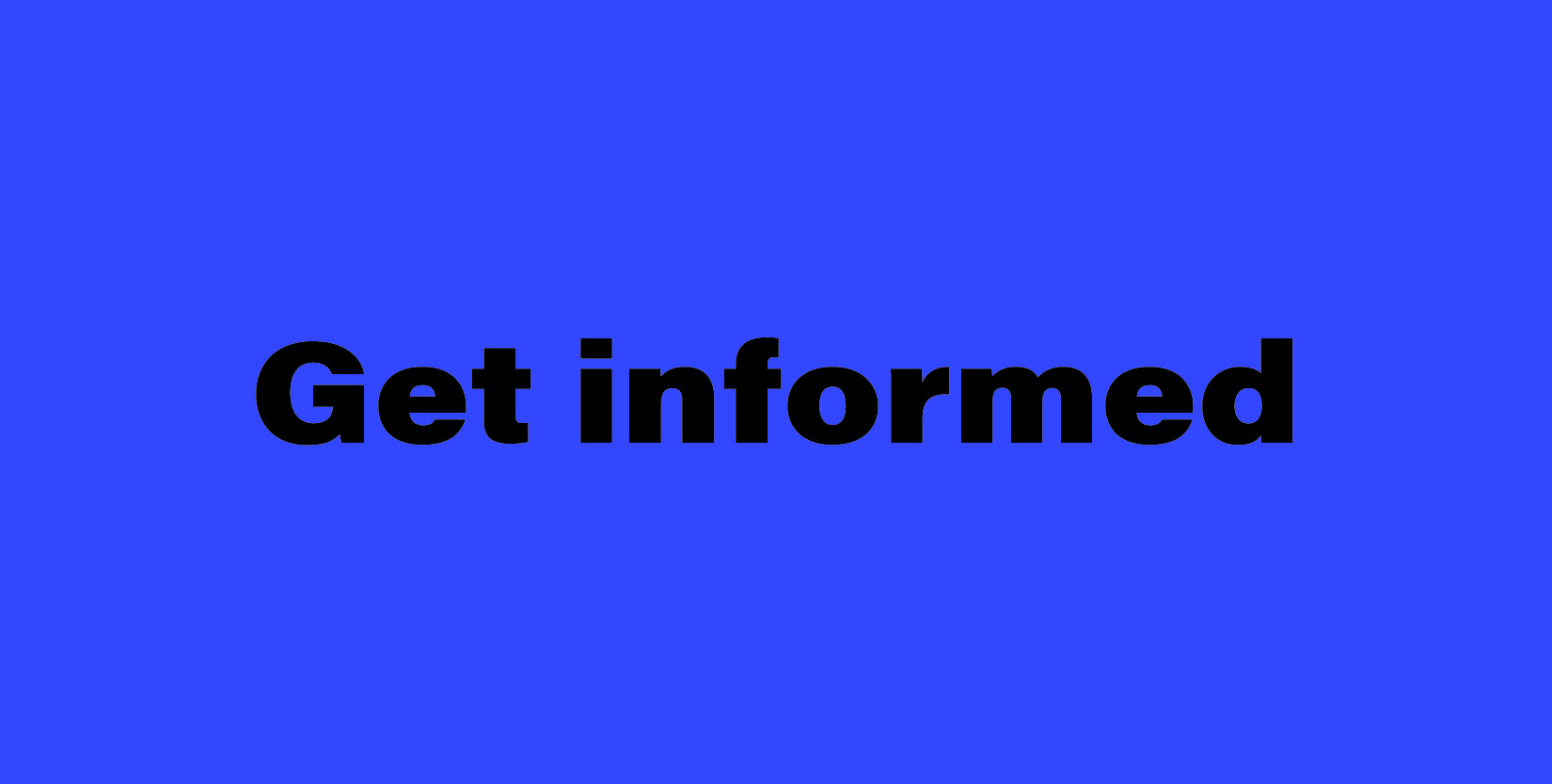
1. Get informed
Perhaps the most important, and certainly the first thing to be done for animals, is to learn about them and their plight. Did you know that male chicks in the egg industry are shredded alive? Or that the wool industry is a slaughter industry? If we aren't aware of the standard, legal brutality animals face, and further, if we aren't aware of why that matters - because of an understanding of animal sentience; capacity for feeling, thought, joy and fear - we cannot truly help them.
Read some articles about how animals are treated, about animal liberation and veganism. Watch a documentary like Dominion. Read a book like Eating Animals, or Why We Love Dogs, Eat Pigs and Wear Cows, or Veganism in an Oppressive World, or Animal Liberation, to delve deeper. Listen to a podcast that features a diverse range of activists from different backgrounds. Once we understand the issues we and animals face, we can better tackle them.
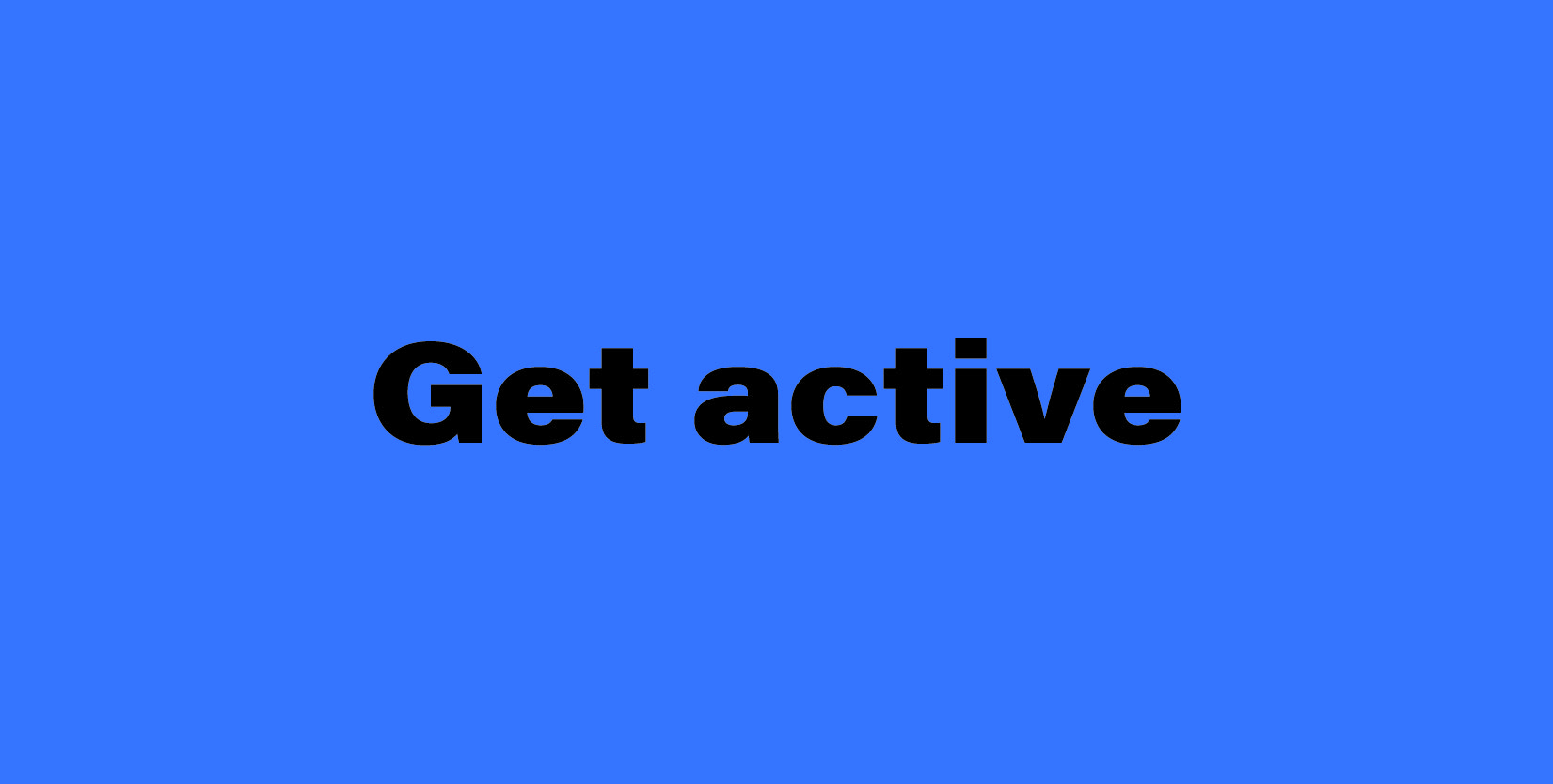
2. Get active
There are plenty of ways to be actively in support of animal liberation. Sign petitions, share petitions, e-mail your local council member about an animal issue that's important to you, attend a rally, create educational content. Continually check in with yourself to see how you can be involved in animal liberation in the way that is most effective for animals, and for you.
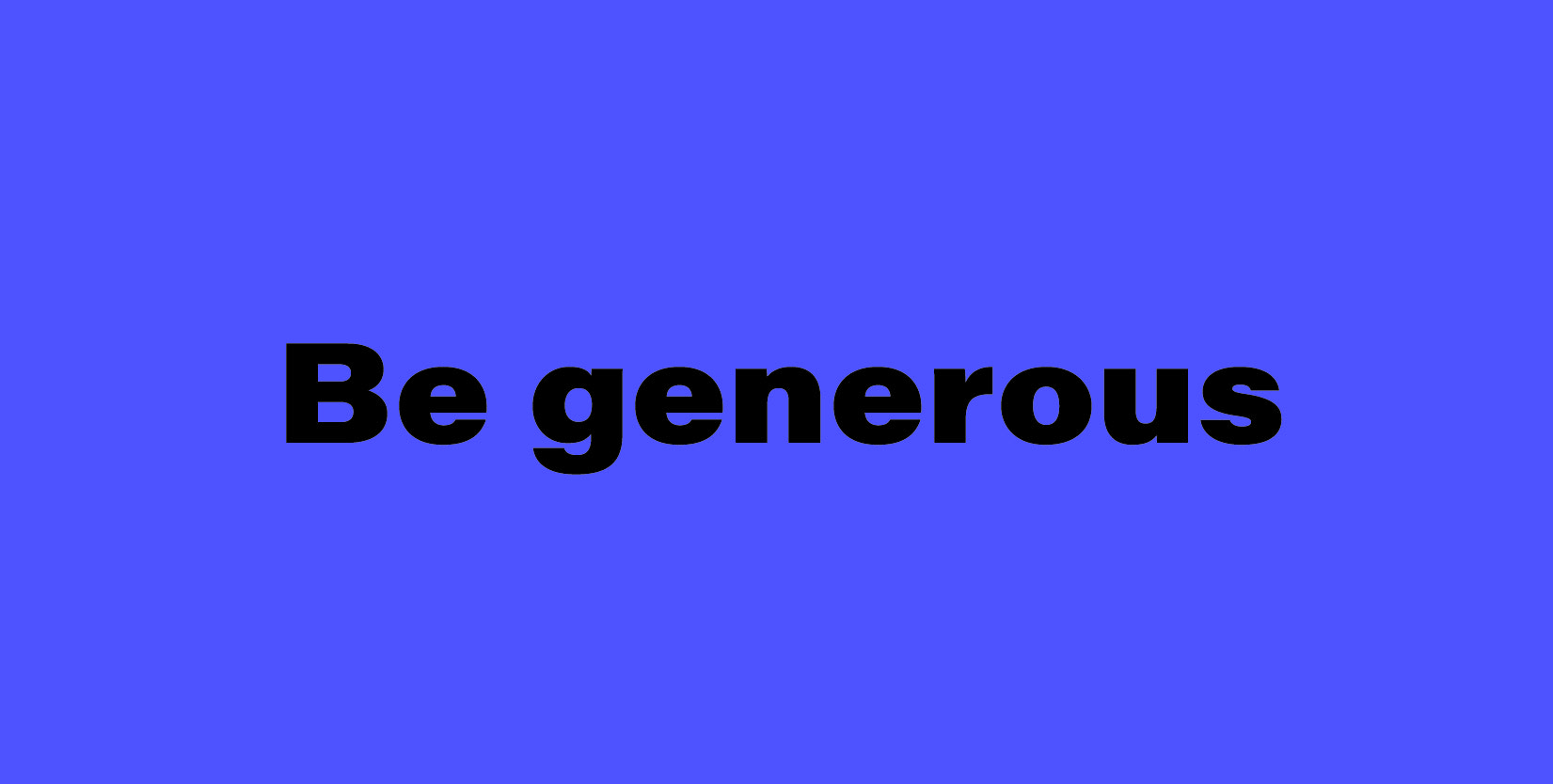
3. Be generous
Be generous with the time that you donate - at animal sanctuaries, on the street, online. Be generous with the privilege that you have, that allows you to give away time or money. Recognise that as a human, or as a white person, a man, an able-bodied person, you are afforded safeties that others are not. Use that privilege for good, by getting active for those who are vulnerable.
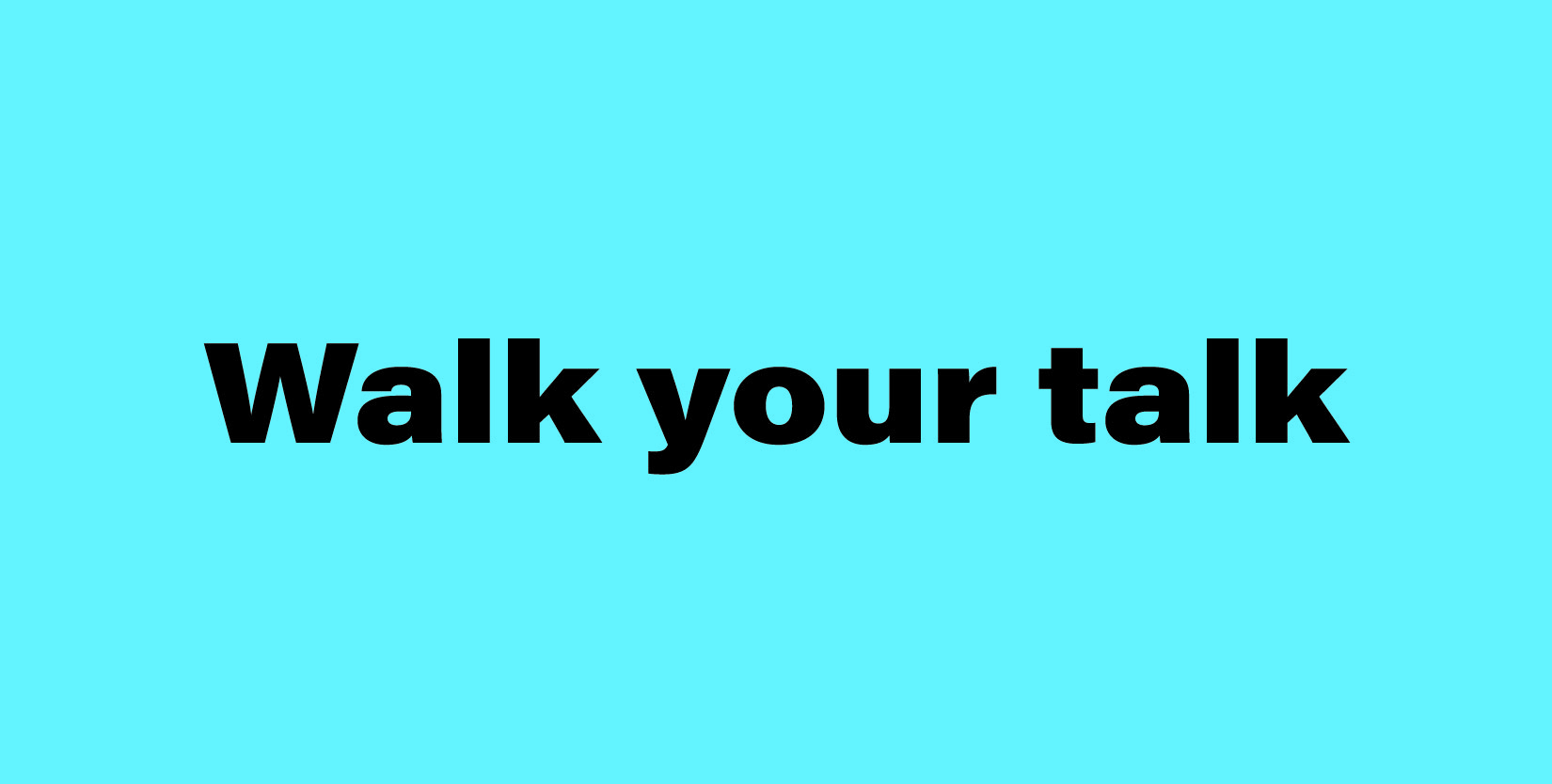
4. Walk your talk
When we say that we love animals, that we care for them and that we believe they deserve protection, our actions should be in alignment with these values we have set. This is why veganism is so important. By eating, dressing, and living in a way that protects and offers justice to animals, we are simply expressing our sense of morality through action.
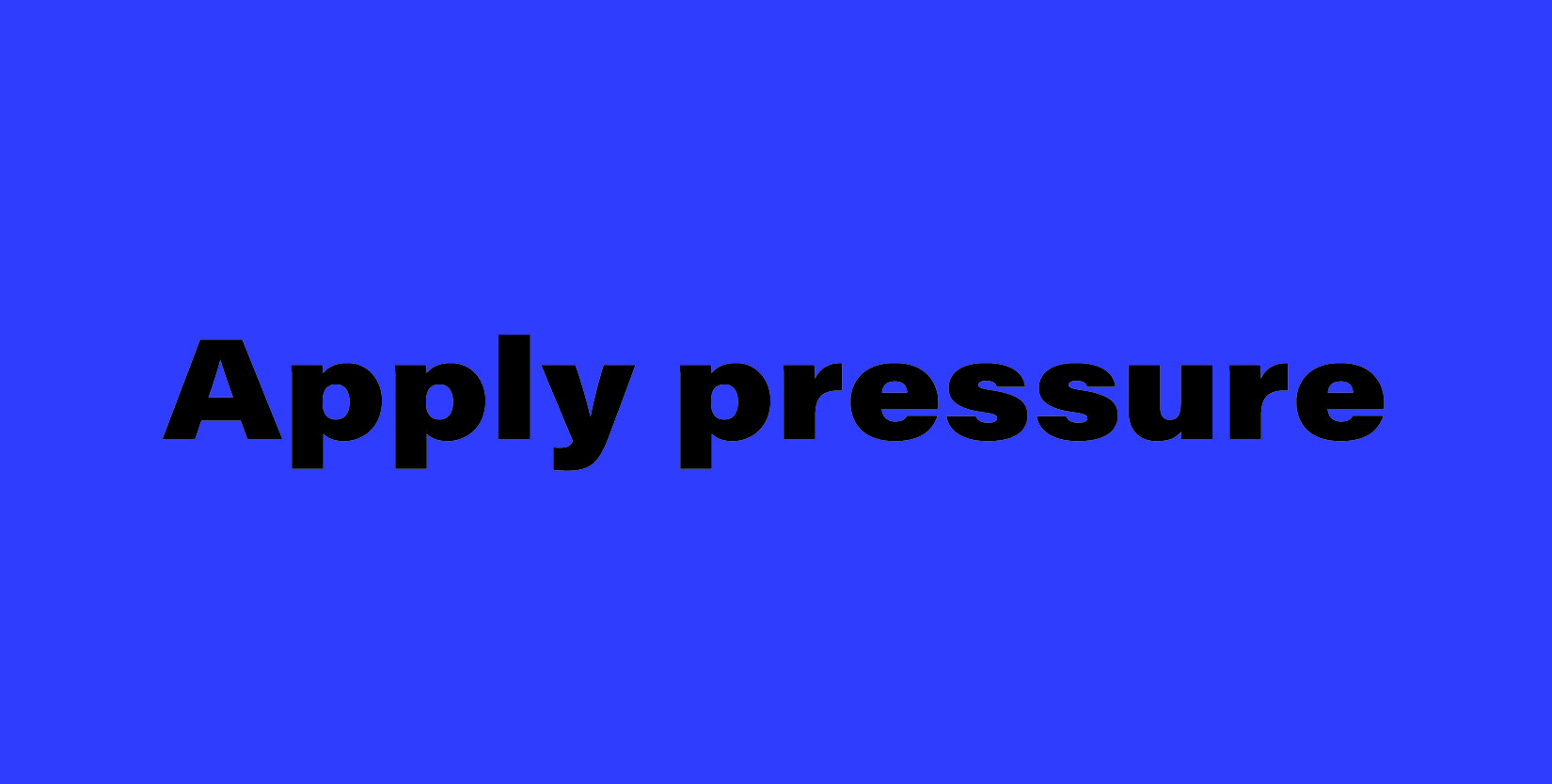
5. Apply pressure
There are so many pressure campaigns happening around the world, now, for animals. There are groups seeking to ban puppy farming, groups seeking to change legislation legalising animal cruelty. There are efforts to ban fur in different areas all around the world, including in Australia with the Animal Justice Party.
Pressure campaigns are important, powerful and effective. They can appear in many different ways, but they all require persistent effort.
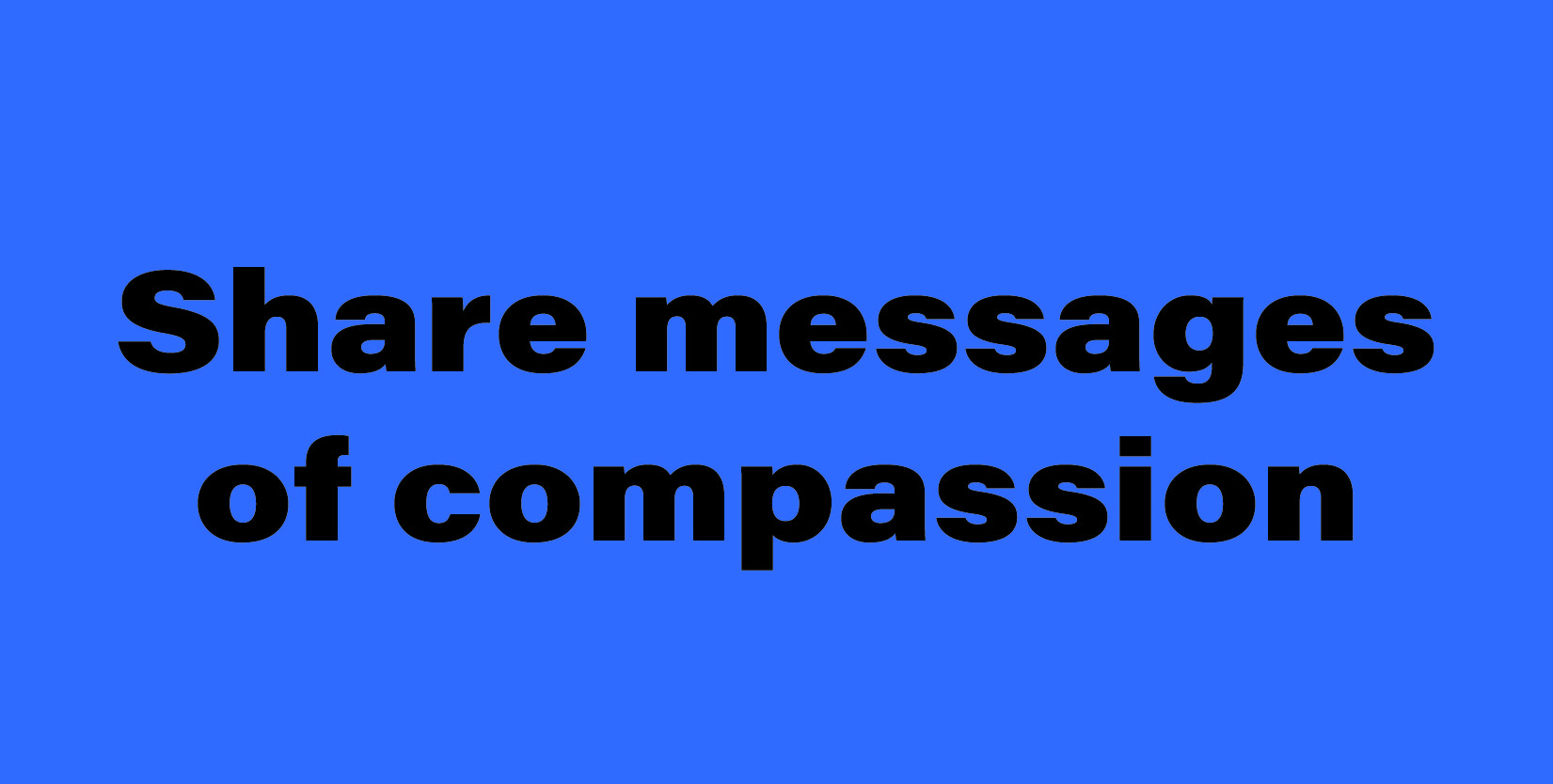
6. Share messages of compassion
It's important that we not only share the devastating reality facing animals with those around us, but messages of hope, compassion and happiness. Seeing animals in their natural state, expressing themselves, expressing joy, is powerful. When we see animals in this way, we connect with them, and our understanding of them encourages us to protect them. This is important. Time to share some cute videos! The Dodo is a sweet place to start.
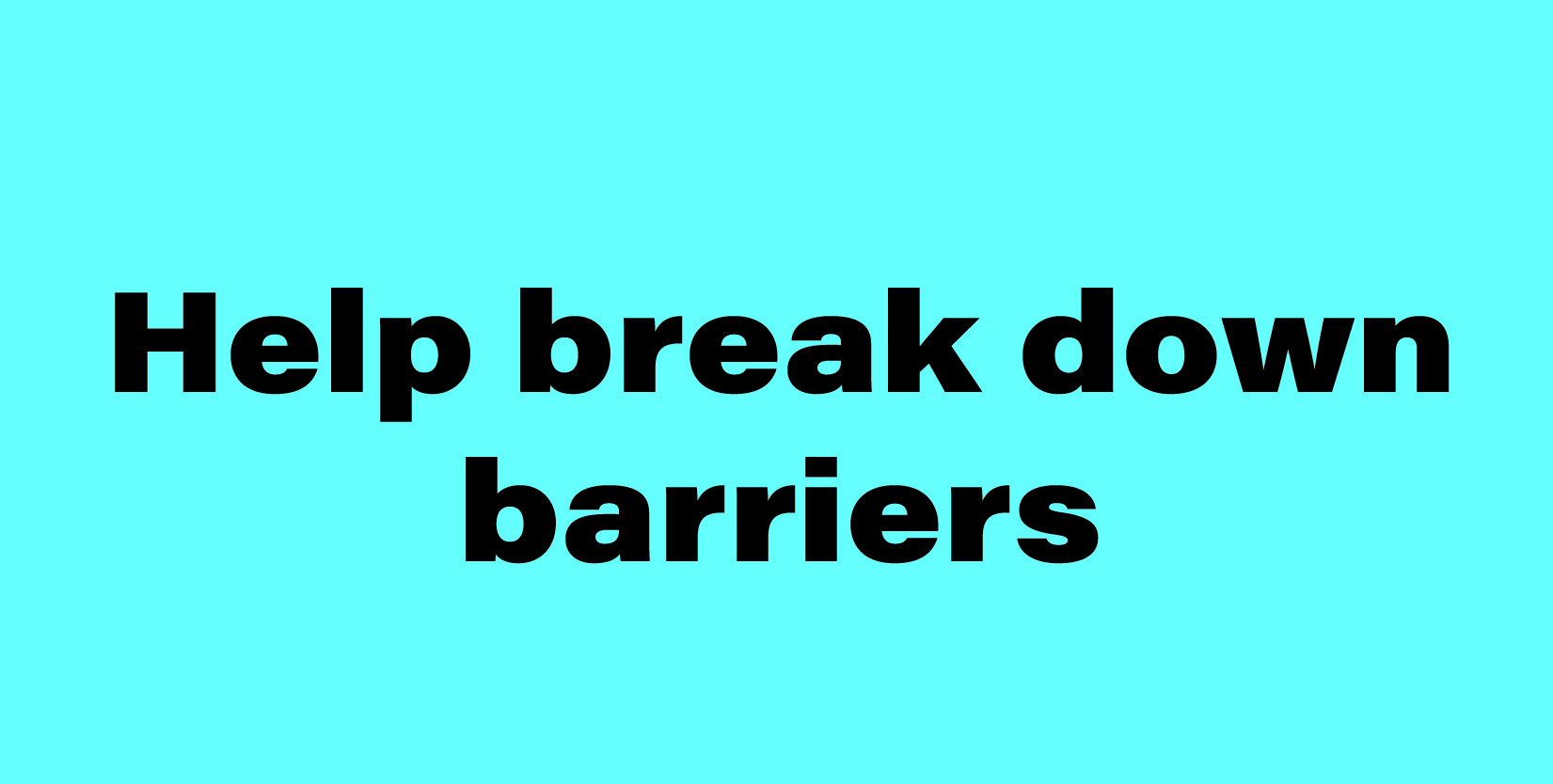
7. Help break down barriers
While being vegan is an incredibly powerful way of living which supports animal liberation, it is more challenging for some people to be vegan than it is for others. People who live in food deserts, who are struggling with other difficulties be it through disability, access or otherwise, are sometimes unable to live vegan even if they would like to. This doesn't need to be the case. Breaking down barriers which cause someone to see veganism as inaccessible supports both human and non-human individuals.
For example, there are always people in need of meals, and there are plenty of places in most cities where you can volunteer to cook and provide food to people. Why not cook vegan meals which are nourishing, healthy, and free from direct violence to animals?
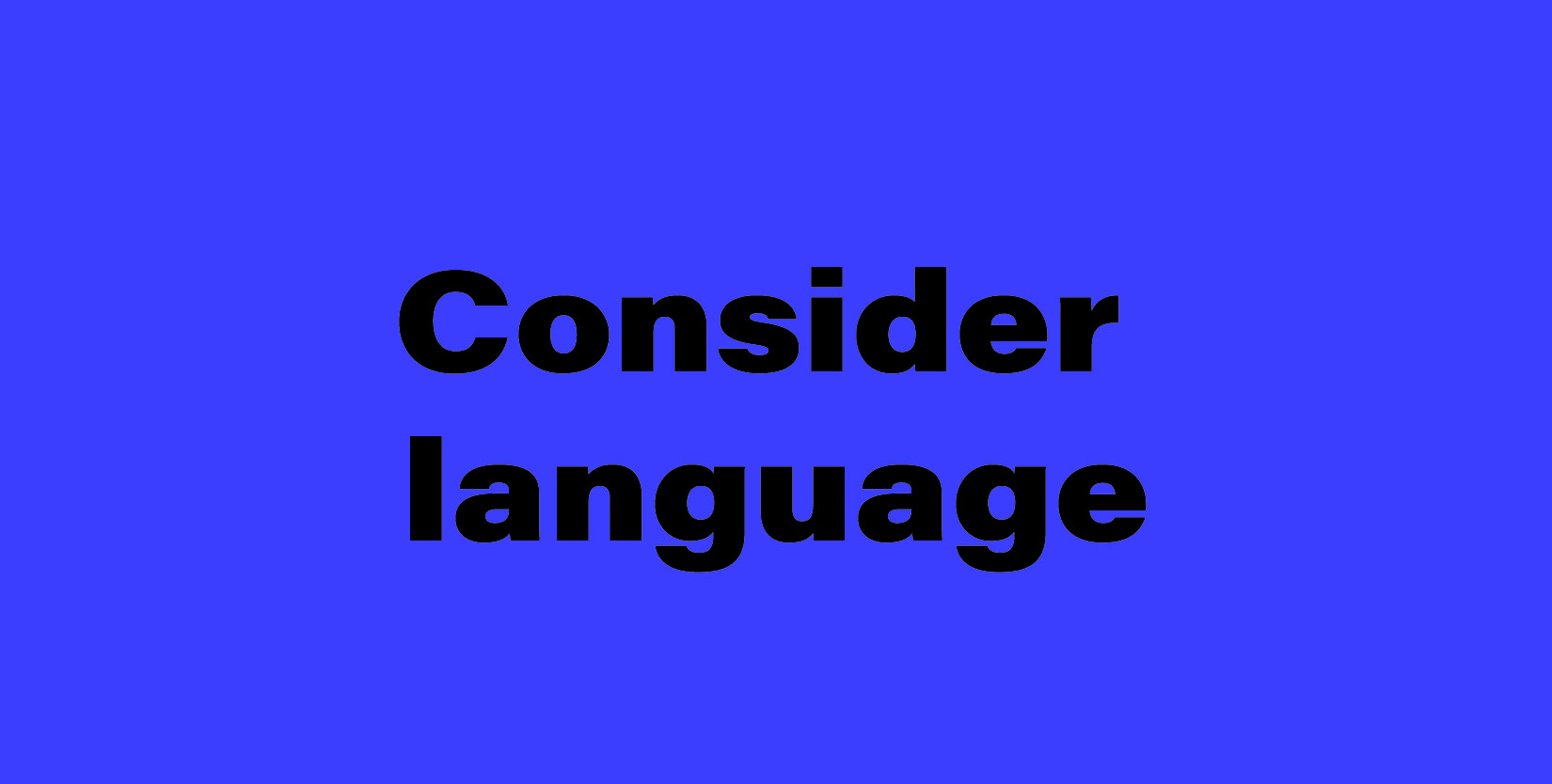
8. Consider language
How we speak about animals can perpetuate the way we treat animals. Notice how you refer to animals. For example, if we are talking about a cow, and we refer to the cow as 'it', rather than 'they', 'he' or 'she', we are, through our words, pushing the myth that animals are objects - things for us to exploit without consequence - rather than thinking, feeling individuals.
Changes in language can take time, and they may seem small, but they are important.
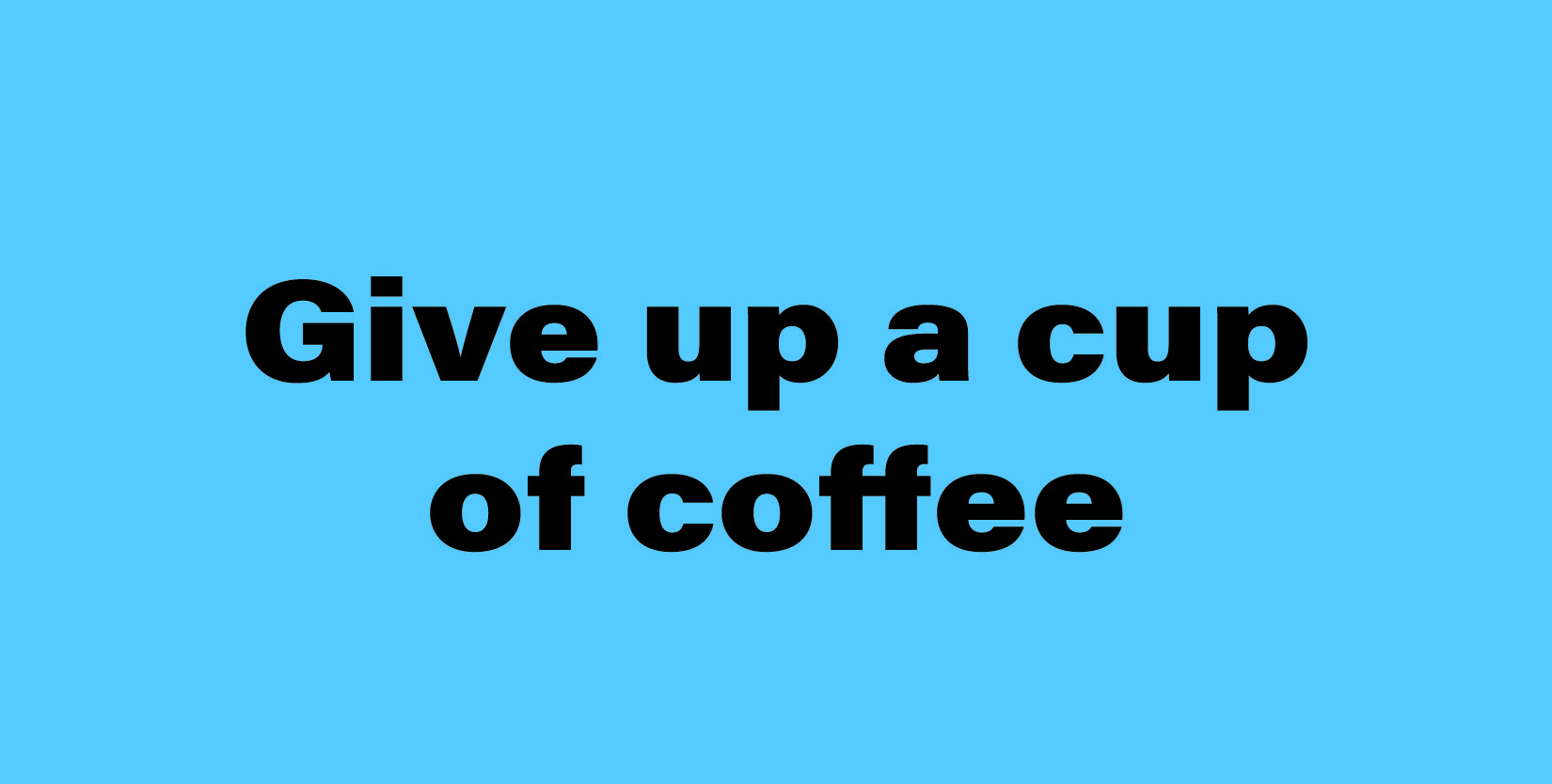
9. Give up a cup of coffee
How much do you think you might spend on coffee, treats, gum or other little things each month? Why not give up a coffee one day, or imagine you were to buy two, and donate a small amount of money to a cause for animals? There are animal sanctuaries like Edgar's Mission providing care to animals, and spreading messages of kindness who need support. There are activists exposing cruelty who need funds. Consider supporting them.
... And if you don't drink coffee, you get the idea!
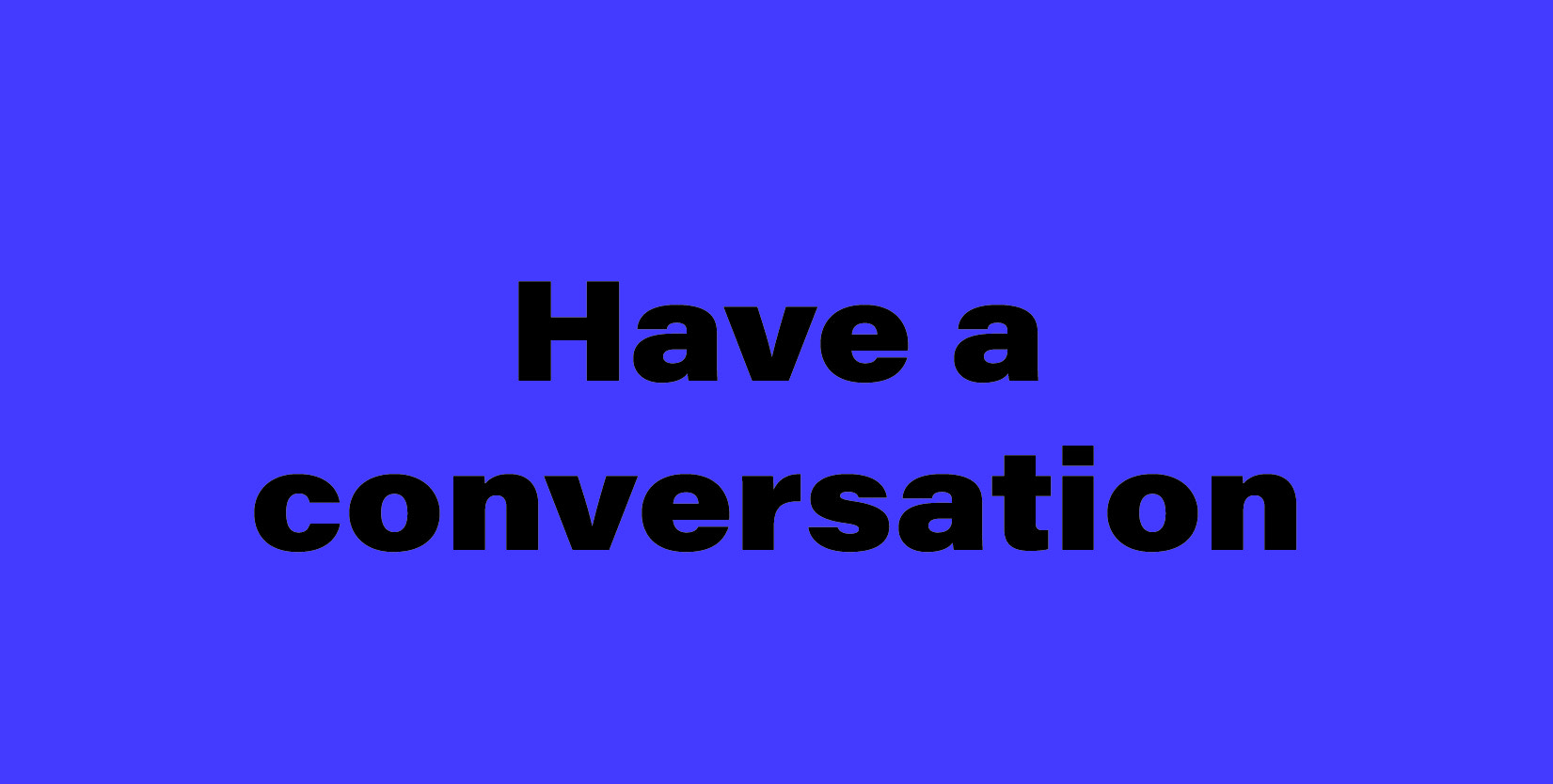
10. Have a conversation
We all exist within a wider network of people, and chances are, many of these people don't know too much about animal liberation, about what happens to animals behind closed doors, or about what we can do to help them. Have a conversation! Your friends and family members might become your greatest allies in your activism for animals, and even if they don't, you've raised an important issue which people may consider further in their own time.

